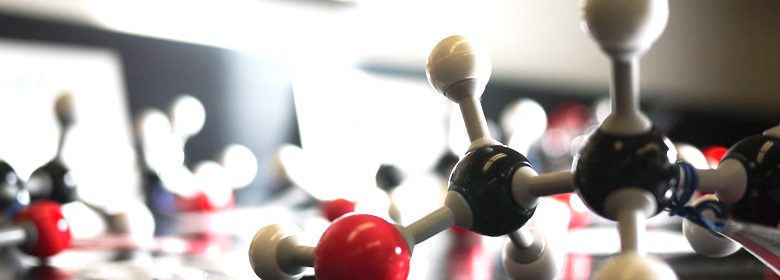In 2014, Langara College was awarded a $25,000 grant by the National Science and Engineering Research Council (NSERC), under the College and Community Innovation Program. The Applied Research and Development grant (ARD) will provide valuable funding to new research in the biochar project developed and led by Chemistry instructor Kelly Sveinson. Full information on the study, 'Metal adsorption by biochar', can be found here.
About the Biochar Project
In September 2011, Langara College began an active research project exploring the science of biochar production and use. Developed and led by Chemistry instructor Kelly Sveinson, the biochar experimental reactor explores the potential of converting certain solid wastes into biochar (more commonly known as charcoal).
The project uses Langara’s experimental biochar reactor to convert a variety of biomass wastes into biochar, a substance similar to charcoal. Produced from pyrolysis of biomass (such as wood), biochar is a form of carbon that is removed from the atmosphere and has climate change mitigation potential. Biochar has also been shown to have soil benefits, and so may be a valuable amendment for agriculture or forestry applications. It can also be used as a renewable solid fuel.
The Langara College Biochar Project uses a small batch pyrolysis reactor and well-equipped labs to study biochar making and properties. We select common biomass materials from the region, convert it to biochar, and measure the physical and chemical characteristics. We compare the source biomass and reactor conditions to the properties in order to understand the relationships. We also do simple growing trials to look for positive or negative effects on plants.
Kelly is partnering with McCue Engineering Contractors, a Vancouver based environmental remediation company, and Diacarbon Energy Inc., an innovative biochar production company located in Burnaby. The project includes a team of students.
Active Research Studies in the Biochar Project
The project (Watch the video)
